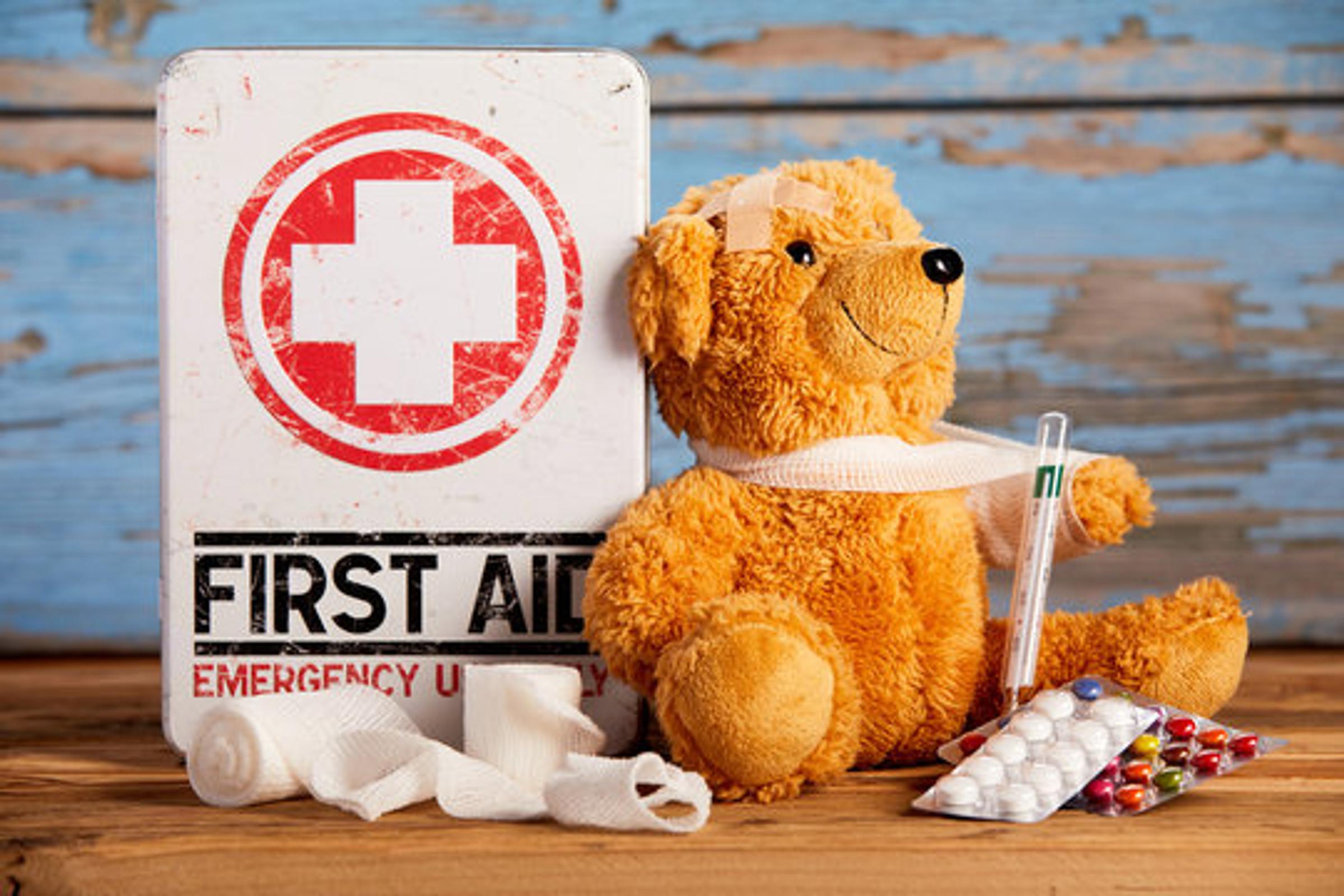First Aid News
Sleeping routines and Primary School Children.

First Aid News
Sleeping routines and Primary School Children.
About RSV
Respiratory syncytial virus, or RSV, is a virus that can cause respiratory infections that affect the airways and lungs.
It affects people of all ages but especially infants and young children. Most young children have been infected with RSV at some stage by the age of 2 years. It is usually seasonal, occurring more frequently in autumn and winter.
It is one of the most frequent causes of the common cold and ear infections. It can also cause more serious respiratory infections such as:
Symptoms usually occur within 5 days but can occur as soon as one day or up to 10 days after exposure to the virus. Symptoms usually last for 1 to 2 weeks.
Most people get mild to moderate illness that self-resolves. Symptoms are similar to a common cold and can include:
Spread of RSV
A person with RSV is infectious from just before the onset of illness until usually 8 days after symptoms begin, but this may be longer in people with ongoing symptoms or serious illness.
RSV can spread easily from person-to-person through:
The virus can survive on objects and surfaces for several hours so good cleaning, hand washing, and respiratory hygiene practices are important in preventing spread.
People who have previously had RSV are still susceptible to repeat infections.
Prevention of RSV
There is currently no vaccine available to protect against RSV. However, people are advised to stay up-to-date with their recommended vaccinations against other respiratory infections, such as influenza and COVID-19.
Good cleaning, hand hygiene and respiratory hygiene practices are important in preventing the spread of RSV, especially in people with symptoms:
Treatment of RSV
Treatment of RSV is mainly supportive through:
RSV is a viral infection, so antibiotics are not effective.
Some people, especially high-risk groups, may require additional treatment from their GP or hospital admission.
Where to get help